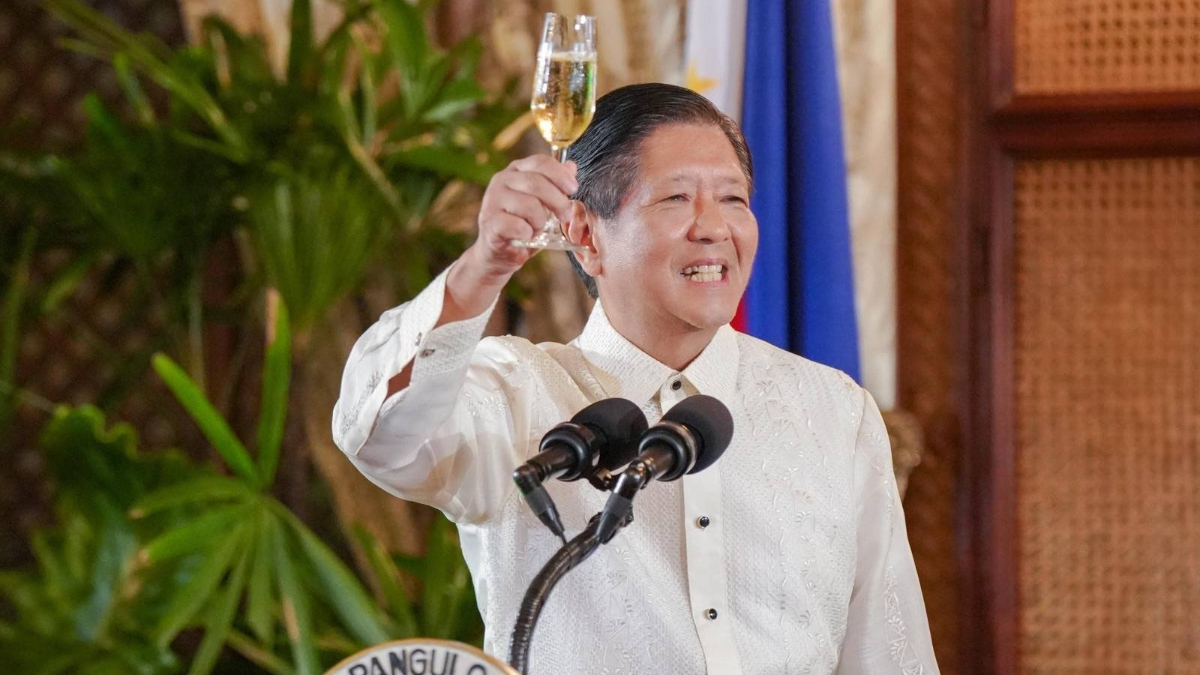President Ferdinand Marcos Jr. has mandated all government agencies to give priority to programs endorsed by the Regional Development Councils (RDCs), reinforcing their role in accelerating regional socio-economic growth.
Under Executive Order No. 82, signed on January 28, 2025, Marcos emphasized that the Constitution tasks the President with strengthening regional councils to promote autonomy and development. The order directs central government offices to integrate RDC-endorsed projects into their investment plans and budgets while coordinating with regional offices for feedback and implementation updates.
The Philippine Development Plan 2023-2028 highlights the significance of regional development in achieving economic transformation. EO 82 expands the RDCs’ authority, making them the highest policy-making body for regional development, with responsibilities including project coordination, evaluation, and endorsement to the national government.
RDCs can also receive donations and grants from foreign governments, international organizations, private entities, and individuals to support regional initiatives. The councils will consist of governors, mayors, municipal league representatives, government agency officials, and private sector representatives.
Each RDC will have a chairperson and co-chairperson—one from the government and the other from the private sector—serving a fixed three-year term, with a maximum of three consecutive terms. The National Economic and Development Authority (NEDA) regional director will act as an ex-officio vice chairperson, with NEDA serving as the RDC’s secretariat.
Malacañang has tasked NEDA with issuing implementation guidelines for EO 82 within 60 days. The order does not apply to the Bangsamoro Autonomous Region in Muslim Mindanao (BARMM) and the National Capital Region (NCR), as these regions operate under distinct legal frameworks.






